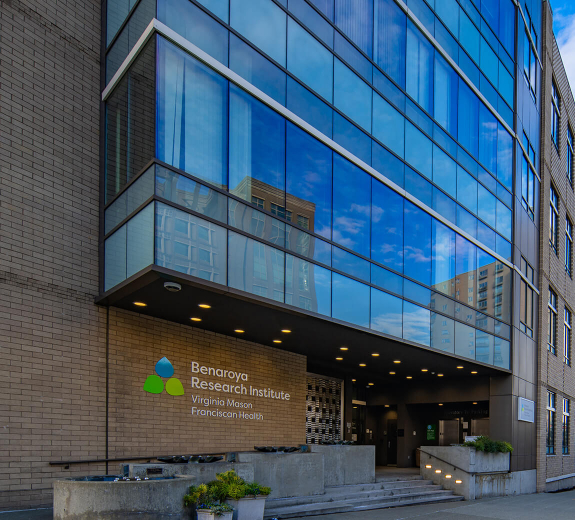Focuses on children living in low-income urban neighborhoods
Researchers at the Benaroya Research Institute (BRI) and colleagues have published findings today in The Lancet Planetary Health concluding that in the absence of viral infection, elevated air quality index values are associated with asthma exacerbations and lowered lung function in children living in low-income urban neighborhoods.
"Until now, the mechanism for how air pollution exacerbates asthma has been poorly understood," said Matt Altman, MD, MPhil, BRI principal investigator and lead author on the manuscript. "Our findings identify associations between specific air pollutant exposures and airway inflammatory patterns that are present in non-viral asthma exacerbations, contributing to asthma disparities in children living in urban settings."
Through BRI’s Center for Systems Immunology, the research team had access to a state-of-the-art tool called airway transcriptome network analysis. Dr. Altman and other researchers performed a retrospective analysis of data including 208 children aged 6-17 years old with exacerbation-prone asthma in nine cities across the United States. The findings were then validated in another cohort of 419 participants aged 6-20 years with persistent allergic asthma living in urban settings across four U.S. cities. The study found that particulate matter less than 2.5 µm was linked to multiple epithelial inflammatory responses and ozone exposure was linked to type-2 inflammatory responses and reduced lung function.
"Our results support further investigation into potential mechanistic pathways to inform asthma prevention and management," said Dr. Altman.
Dr. Altman conducts asthma research at Benaroya Research Institute and treats asthma patients at UW Medicine. He is a lead mechanistic researcher for Childhood Asthma in Urban Settings (CAUSE), a clinical research network that produced this study. CAUSE and the study are funded by the National Institute of Allergy and Infectious Diseases, part of the National Institutes of Health.



